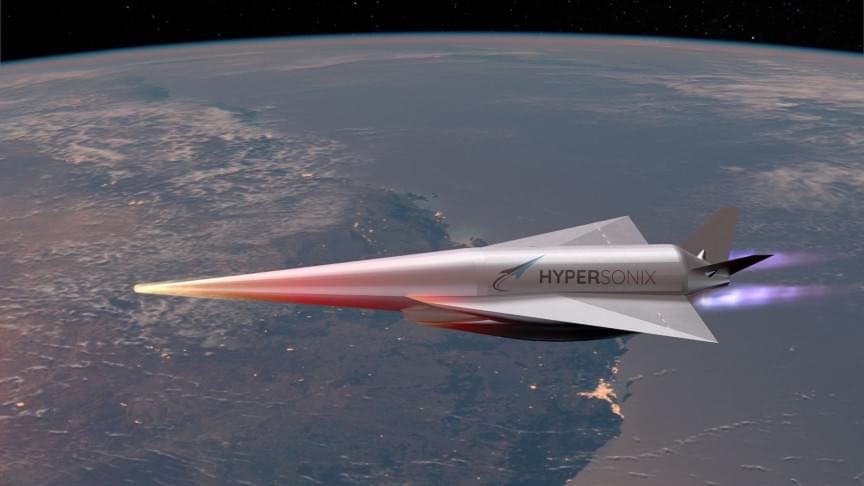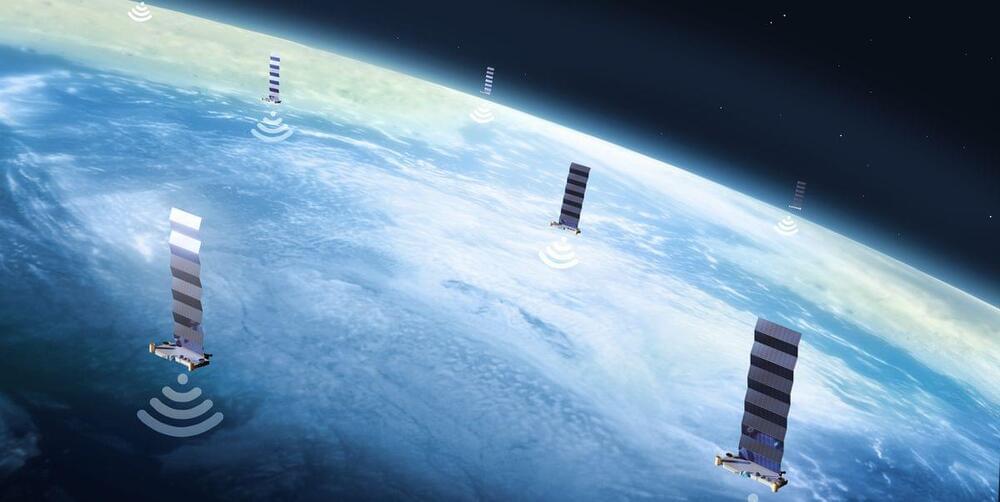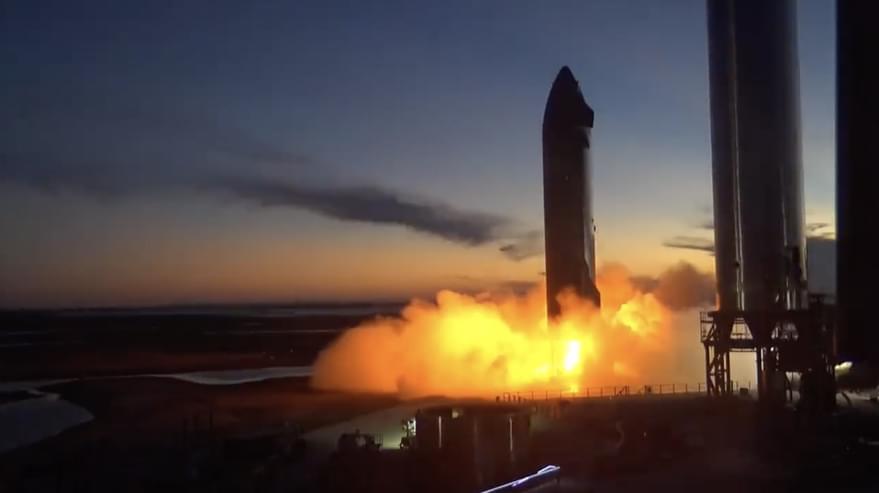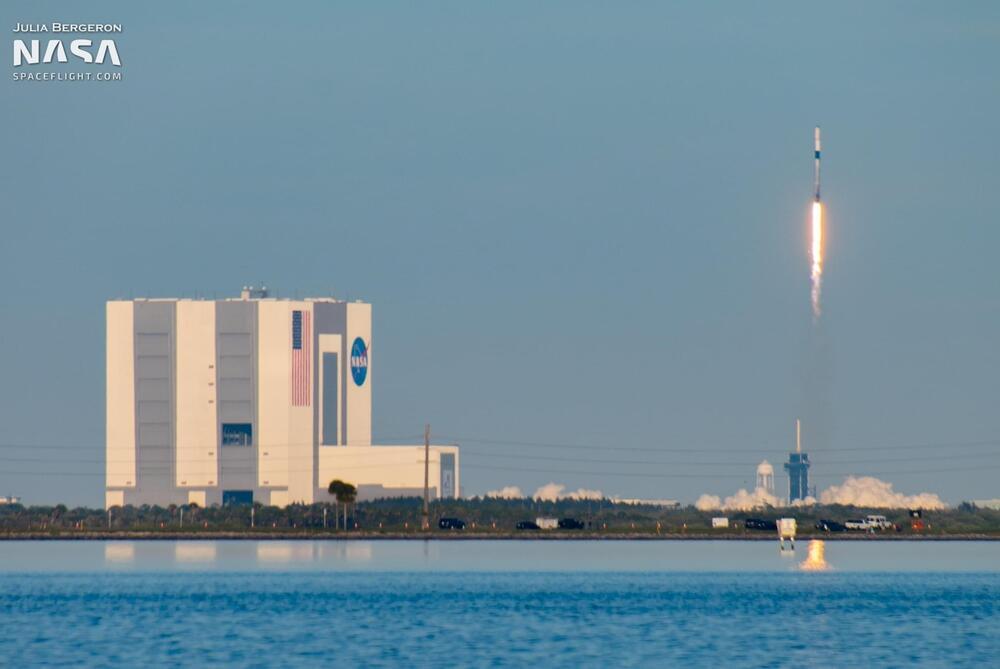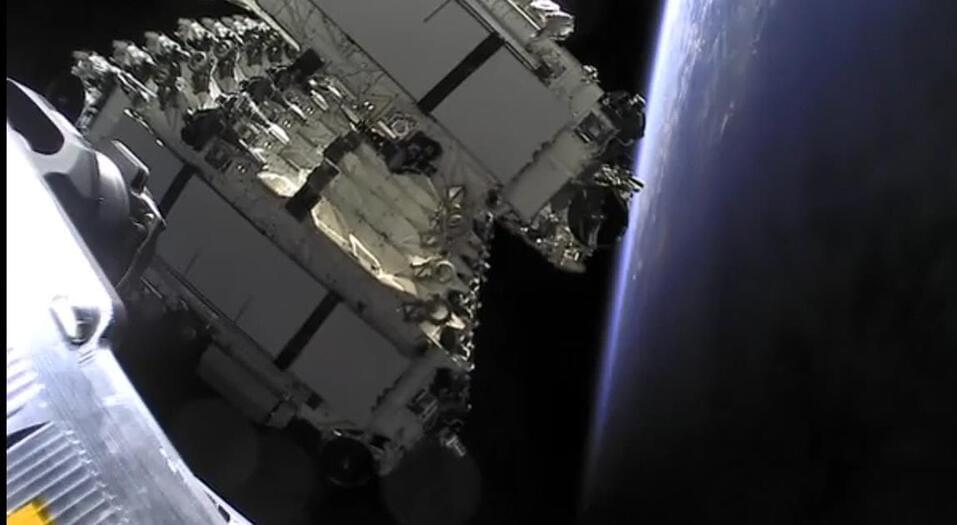My Chapter Titled ‘’, has been published in ‘Handbook of Real-Time Computing’ in Springer Nature. The chapter provides information on satellite communication networks for different orbits, use-cases, scenarios, link budget analyses, history, and future developments.
Software-defined radio (SDR) is one of many new technologies being adopted by satellite communication to lower the costs both operational and capital by reducing the amount of radio equipment involved in the communication chain and by giving the advantage of remote configuration and regular firmware updates. SDR basically replaces most of the radio equipment by a single computing device with software capable of performing functions of the replaced hardware equipment. SDRs are introduced not only in terrestrial gateways and ground stations, but next generations of LEO and GEO satellites are already adopting the technology. Previously, satellite radio links were limited to the configuration of radio equipment that was installed during the manufacturing of the satellite, which couldn’t be modified throughout the lifespan of the satellite.
Figure 15 displays a generic digital communication transmit and receive RF chain at the physical layer for binary, sampled, and analogue data streams. Data in binary that is collected from data source at transmit end is coming from the higher layers, which is then coded in binary, modulated to sampled, converted to analogue waveform through digital to analogue converter before sending it to the antenna end for transmission over-the-air interface with required transmit power. At the receive end, the wireless signal is received as analogue, converted to sampled for demodulation, decoded to binary, and sent to data sink for integrating with upper layers. The coding/decoding and modulation/demodulation, commonly referred to as MOD/COD, are programmable functions and can be replaced by SDR using a processing device. This can be done at the ground stations, at the gateway, user terminals, and at the satellite using on-board processing.
